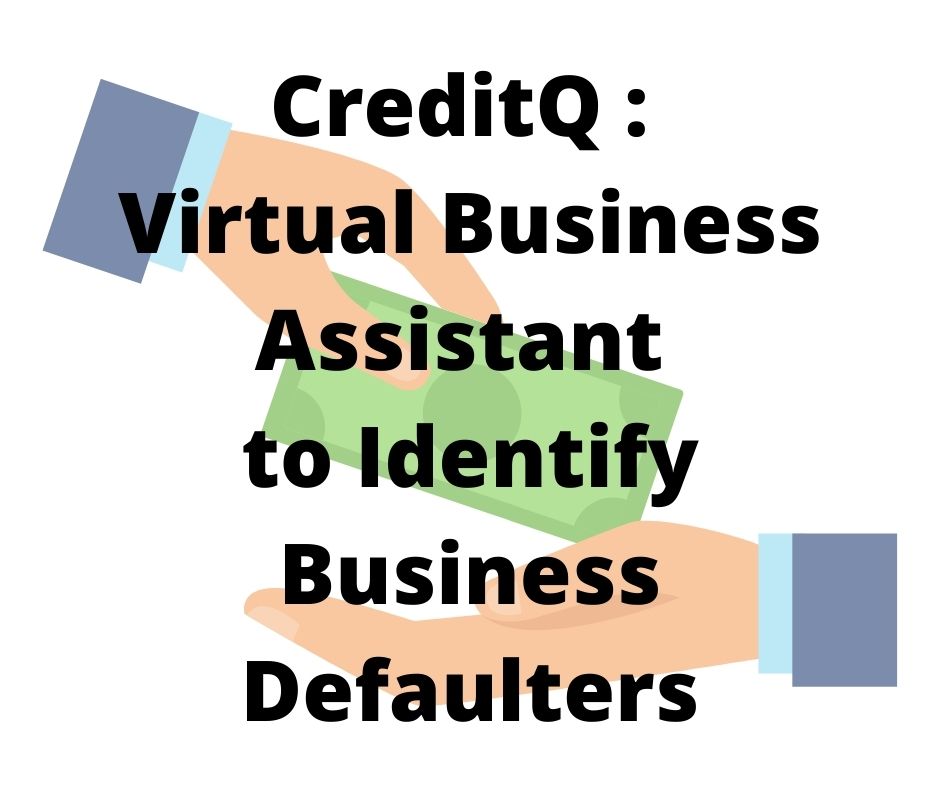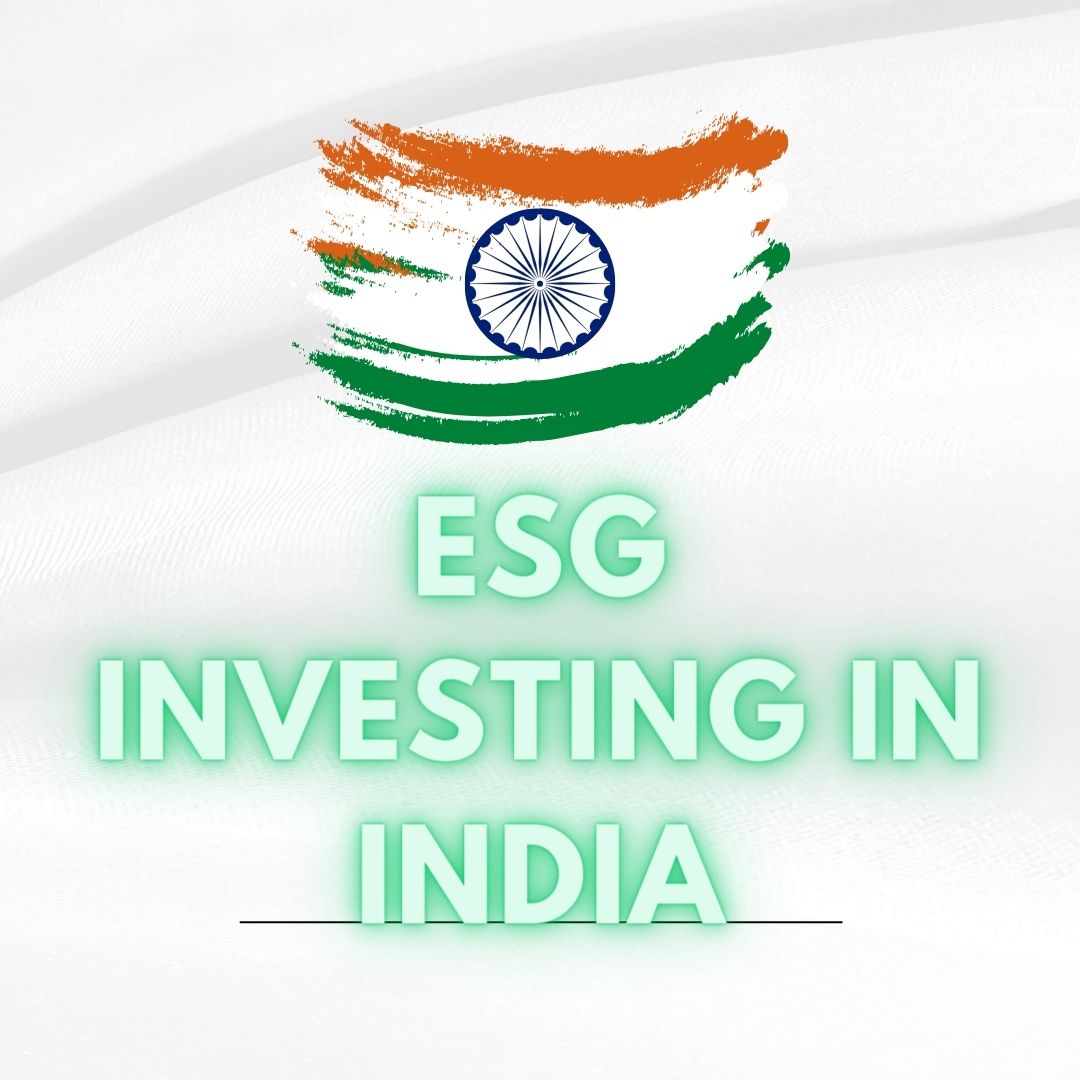CreditQ : Virtual Business Assistant to Identify Business Defaulters
- 20 May 2021 | 1537 Views | By Mint2Save

Credit Q is a fintech startup, working out a barometer of trustworthiness for MSME industries. Unlike a standard credit bureau like CIBIL, Credit Q generates customized customer information reports, defaulter reports. Unlike Banks, this startup offers MSME to report defaulting clients to their database, and create a robust database. Let’s explore this startup, right from understanding an MSME.
What is an MSME?
MSME stands for Micro, Small, and Medium Enterprises. In a developing country like India, MSME industries are the backbone of the economy as they contribute to nearly 45% of the nation’s total Industrial Employment, around 50% of the total exports, and more than 6000 types of products are manufactured in these MSME industries. A company can be a manufacturing unit or be in the service line to qualify to be an MSME.
Who is covered under MSME?
The MSME became operational on October 02, 2006. It was founded to support, assist, and foster the competitiveness of the micro, small and medium enterprises. Registration under the act is not yet made mandatory by the Government but it is beneficial to get registered under this as it provides a lot of benefits to the business in relation to taxation, ease of setting up the business, facilitating credits and loans, etc.
MSMEs are classified into 2 broad categories: one is a manufacturing enterprise engaged in manufacturing or production of goods and the second is a service enterprise engaged in providing services. These categories prior to COVID were defined in terms of investment in plant and machinery or equipment. As per the latest amendments in the Atmanirbhar Covid 19 relief package announcement, the classification of MSMEs has been changed from “investment in plant and machinery or equipment” to “investment and annual turnover”. Now to enjoy the MSME benefits, the MSMEs have to fulfill the following criteria:
| Revised Classification of MSME applicable w.e.f 1st July 2020 | |||
| Classification | Micro | Small | Medium |
| Manufacturing Enterprises and Enterprises rendering Services | Investment in Plant and Machinery or Equipment:
Not more than Rs.1 crore and Annual Turnover of not more than Rs. 5 crore |
Investment in Plant and Machinery or Equipment:
Not more than Rs.10 crore and Annual Turnover of not more than Rs. 50 crore |
Investment in Plant and Machinery or Equipment:
Not more than Rs.50 crore and Annual Turnover of not more than Rs. 250 crore |
Who all can apply for MSME?
MSME status can be obtained by any type of business entity be it proprietorships, Hindu Undivided Family, Partnership Firm, One Person Company, Limited Liability Partnership, Private Limited Company, Limited Company, Producer Company, any association of persons, any co-operative societies or some other undertaking. Small businesses have registered under the Micro, Small, and Medium Enterprises Development Act, 2006 enjoy varied benefits. Thus, though not mandatory it is recommended that all small businesses obtain MSME registration after starting up.
What is MSME loan eligibility?
Banks and many other institutions offer varied term loans and working capital loans to MSMEs. The working capital loans are offered to MSMEs by banks to cater to their daily cash requirements. And the term loans are offered to MSMEs for capital expansion, capital expenditure, or buying fixed assets requirements. Other than term loans and working capital loans, the banks or financial institutions offer many different loan schemes to MSMEs. The MSME loan schemes offered by different banks or financial institutions have terms and conditions that vary according to each bank. Many MSME loans are obtainable without any collateral too. Some of the many banks that offer different loan schemes are State Bank of India, HDFC Bank, ICICI Bank, Axis Bank, etc. Some financial institutions like NBFCs, Small Finance Banks (SFBs), Regional Rural Banks (RRBs), and Micro Finance Institutions also offer loans to MSMEs.
Ideas pertaining to basic underlying conditions include:
- The business must be in function for more than six months, in case the funds are borrowed for business expansion.
- The business should not fall under any of the blacklisted categories.
- The applicant for the MSME loan should be above 25 years of age.
What are the features of MSME loans?
Some basic features of the MSME loans are listed as follows:
- The MSME loans target to facilitate credit flow in the MSME sector.
- They offer overall development to the small-scale industry through skill development and training programs.
- The MSME loans are provided for a maximum period of 15 years.
- The MSME loans can be both secured (against collateral) or unsecured, depending on the borrower’s repayment capacity plus on the bank’s terms and conditions.
- The interest rates on MSME loans vary across all lenders.
- More so, the loan amount can also vary across the lender and the borrower.
Are traders eligible for MSME?
Traders are not eligible for MSME registration. MSME covers only manufacturing and service industries. Trading companies are not covered by the scheme. MSME is established to support startups with subsidies and benefits, but trading companies are just like middlemen, they are a link between manufacturer and customer. Hence not covered under the scheme.
But very recently under the impact of the COVID situation, the Indian government is considering allowing traders to be registered under the MSME Act 2006. This will help a big group of Traders to get benefits under MSME.
Which bank is best for MSME loans?
MSME can avail loans for the development of businesses or for establishing new enterprises. The interest rates on MSME loans vary widely starting at 7.65% p.a depending on the business profile and internal policies of the lender. The loan amount sanctioned also varies from as low as Rs.50,000 and can go up to a few crores. In terms of the sanctioned loan amount, the loan repayment tenure can go up to as long as 15 years.
The best bank for MSME loans is the one that caters to all the business requirements at lower interest rates. It purely depends on the business credit profile and the lender’s policies. If the MSME is externally rated positively by a Rating Agency like ICRA or CRISIL, the business gets a benefit of about 0.5% in interest rates also.
The State Bank of India has by far cleared the maximum number of loans at 37,638 as of June 1. While State Bank of India headed the union with it sanctioning loans worth Rs 8,899 crore loans, it has already disbursed loans worth Rs 3,526 crore. Following SBI are banks like the Union Bank of India, Bank of India, Canara Bank, and Central Bank of India, etc in terms of loan disbursement.
How to generate companies’ CIBIL reports?
CIBIL stands for Credit Information Bureau India Limited. A companies CIBIL report is maintained by Credit Information Bureau (India) Limited as it keeps records of all the financial activities of companies in India. More so, it also maintains the financial data of individuals, credit cards, and loans. This, in turn, helps financial institutions to evaluate the company’s performances and individual financial records in a better and transparent manner. If a company has a strong CIBIL score, it is considered financially robust and worth trading with.
The CIBIL report is chargeable for Rs3,000 and it is payable to CIBIL. The process of getting a CIBIL report for a company is a 3-step process:
Step-1: To generate a CIBIL report one needs to visit the official website of CIBIL which is www.cibilrank.cibil.com. Here the applicant needs to fill out a form that requires information like the type of the company, registered office address, company ID type like PAN, TAN, CRN, or CIN, and company ID value besides the name of the applicant along with the payment of fees.
Step-2: After making the payment online, CIBIL will be assigned unique numbers to the applicant. CIBIL will be emailing the details on the applicant’s registered mail ID.
Step-3: The next step is verification. At this stage after entering the registration ID and transaction ID and after uploading the required KYC documents, CIBIL will verify the details the applicant has entered and generate the CIBIL report of the desired company.
Read: 5 Ways to Keep Track of your CIBIL Score
What is CreditQ?
CreditQ is India’s first application that works for MSME and its associated businesses just like the way CIBIL works. It offers a platform for MSME, businessmen, GSTN holders to report their business credit defaulters directly to other users. They can also generate the Credit Information Report to know the credibility of a new client before doing business with them.
CreditQ is woman entrepreneurship registered in DPIIT as a startup.
By registering on CreditQ app, a businessman can avail of the following three services:
- Report Business Credit Defaulters
- Scope of settle payment
- Generate CIR (Credit Information Reports) of prospective new customers
The app helps to inform businessmen and help them make all the informed business decisions on whether to deal with their prospective clients or not. CreditQ is a platform for Businessmen where they can check the credibility of other businessmen and verify if they are a cheater or not, before doing any business with them. CreditQ is based on the B2B model and offers its services to businesses.
Does CreditQ provide a credible Credit Information Report?
Certainly as a platform for broadcasting the business Credit Defaulters and Credit Information Report. CreditQ is enlisted as a Private Limited Company and is trusted by hundreds of MSME and Businessmen across India. The information provided by them is reliable as their team confirms the details and further conducts a proper screening process, and then uploads the name of the defaulter. Thus, the CIR is fully corroborated, authenticated, and verified by the CreditQ team and thereafter, published accordingly. Numerous businesses have found it absolutely credible as it has helped them a lot and has saved them from a lot of trouble and hassles of payment defaults.
Read more: Fintech Lending for MSME









